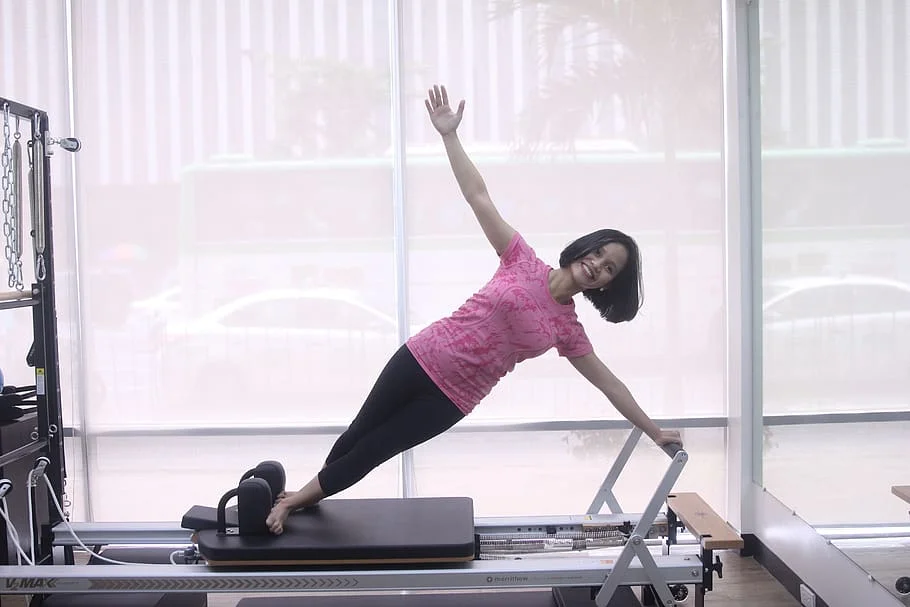
A concussion is a traumatic brain injury that can be caused by a blow to the head, a fall or a sudden change in head movement. Symptoms of a concussion can vary from person to person, but they may include headache, dizziness, nausea, vomiting, fatigue, difficulty concentrating and memory problems.

In most cases, concussions heal on their own within a few weeks. However, some people may experience lingering symptoms that can last for months or even years. This is known as post-concussion syndrome.
Physiotherapy can be an effective way to help people recover from a concussion. A physiotherapist can help you to:
- Manage your symptoms
- Improve your balance and coordination
- Strengthen your neck muscles
- Return to your normal activities
The specific treatment plan that your physiotherapist will recommend will depend on your individual needs. However, some common physiotherapy techniques for concussion rehabilitation include:
- Rest: It is important to rest your brain and body after a concussion. This means avoiding strenuous activities, such as exercise, work and school.
- Gentle exercises: Once you are feeling better, your physiotherapist may recommend gentle exercises to help improve your balance, coordination and strength.
- Eye exercises: Eye exercises can help to improve your visual processing skills and reduce dizziness.
- Cognitive exercises: Cognitive exercises can help to improve your memory, concentration and attention.
If you have suffered a concussion, it is important to see a doctor to get a diagnosis and treatment plan. Physiotherapy can be a valuable part of your recovery and your physiotherapist can help you to get back to your normal activities as quickly and safely as possible.

Here are some additional tips for recovering from a concussion:
- Listen to your body and don’t push yourself too hard.
- Get enough rest.
- Stay hydrated.
- Eat a healthy diet.
- Avoid caffeine and alcohol.
- Talk to your doctor about any medications you are taking.
With time and patience, you can recover from a concussion and get back to your normal activities.
